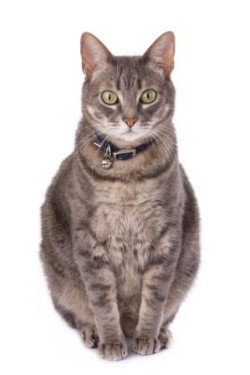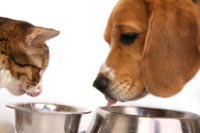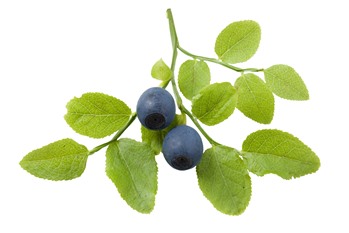Diabetes is not a disease known to dogs and cats in the wild. However, blood sugar disorders are alarmingly common in our domesticated pets because of the unnatural diet they’ve been eating. Obesity, vaccinations, and cortisone shots are also contributing factors.
 Diabetes is a disease of the pancreas that affects the body’s ability to control blood glucose levels.
Diabetes is a disease of the pancreas that affects the body’s ability to control blood glucose levels.
Insulin is the hormone produced by the pancreas to control blood glucose. The carbohydrates in commercial pet foods become glucose after digestion.
When the pancreas becomes overworked for extended periods of time, it can essentially wear itself out. This is a simplified explanation. Basically, when too much strain is repeatedly put on any organ to perform tasks it was not designed to perform, things will eventually go awry. And when the insulin system goes awry, your pet has diabetes.
Symptoms of Dog Diabetes:

- Excessive thirst/drinking
- Frequent urination
- Unusual weight loss or gain
- Cataracts and blindness
- Fatigue and change in behavior
- Injuries that are slow to heal
Symptoms of Cat Diabetes:

- Excessive thirst/drinking
- Frequent urination
- Recurring urinary tract infections
- Weakness in the back legs
- Unusual weight loss or gain
- Fatigue and change in behavior
- Injuries that are slow to heal
Herbal and Naturopathic Help
Conventional treatment for diabetes in cats and dogs typically includes regular insulin injections. We don’t believe in stopping these insulin shots unless instructed under the careful guidance of your experienced holistic veterinarian. Diabetes is a serious illness which can lead to many other serious illnesses if left untreated.
Besides seeing a holistic veterinarian, the other imperative is to feed your pet a raw, natural, low carbohydrate, high protein diet. Don’t buy one of the “scientific formulas” that comes in a can or a bag. Your pet needs fresh, natural proteins and nutrients. Exercise is also critical.
Also, these herbs have been known to help:
- Galega Officinalis is said to improve the part of the pancreas that is responsible for the production of insulin.
- Chromium improves the effectiveness of insulin.
- Bilberry can stimulate insulin
 production and bring down blood sugar levels in Type II diabetics. Bilberry has also been shown to improve issues associated with diabetes such as vision problems, wound and tissue healing, and poor circulation.
production and bring down blood sugar levels in Type II diabetics. Bilberry has also been shown to improve issues associated with diabetes such as vision problems, wound and tissue healing, and poor circulation. - Olea europaea, or Olive leaf, reduces a diabetic’s need for insulin.
- Polygonum multiflorum is a Chinese herb known as fo-ti which helps to restore balance and to correct deficiencies throughout your pet’s body.
- Fatsia horrida, also known as Panax horridum, Echinopanax horridum, or Devil’s club, is a member of the ginseng family and is used to reduce insulin requirements.
- researchers found that adding a liquid extract of fenugreek seeds to the daily diet of diabetic pets significantly lowered blood sugars, HbA1c, triglycerides and total cholesterol while raising HDL (good) cholesterol.
 Some veterinary naturopaths believe that eating a few smaller meals throughout the day, as opposed to one large meal, may help a diabetic pet because blood sugars don’t spike as radically throughout the day. Others disagree. Feeding pets too frequently can cause other problems, such as digestive and urinary tract issues. If your pet has diabetes, though, most veterinarians would probably agree that feeding three times a day is appropriate. Talk with your holistic veterinarian about how frequently to feed your dog or cat, as each pet’s situation is different. See A Dog and Cat’s Natural Diet.
Some veterinary naturopaths believe that eating a few smaller meals throughout the day, as opposed to one large meal, may help a diabetic pet because blood sugars don’t spike as radically throughout the day. Others disagree. Feeding pets too frequently can cause other problems, such as digestive and urinary tract issues. If your pet has diabetes, though, most veterinarians would probably agree that feeding three times a day is appropriate. Talk with your holistic veterinarian about how frequently to feed your dog or cat, as each pet’s situation is different. See A Dog and Cat’s Natural Diet.
Homeopathy
There are numerous homeopathic therapies for diabetes, but the treatment of this disease must be carefully managed by a holistic veterinarian. Many dogs and cats have reverted back to normal after switching to a diet high in natural protein. However, because of the potential severity of this disease and related ailments, you must seek professional help for an appropriate treatment plan.